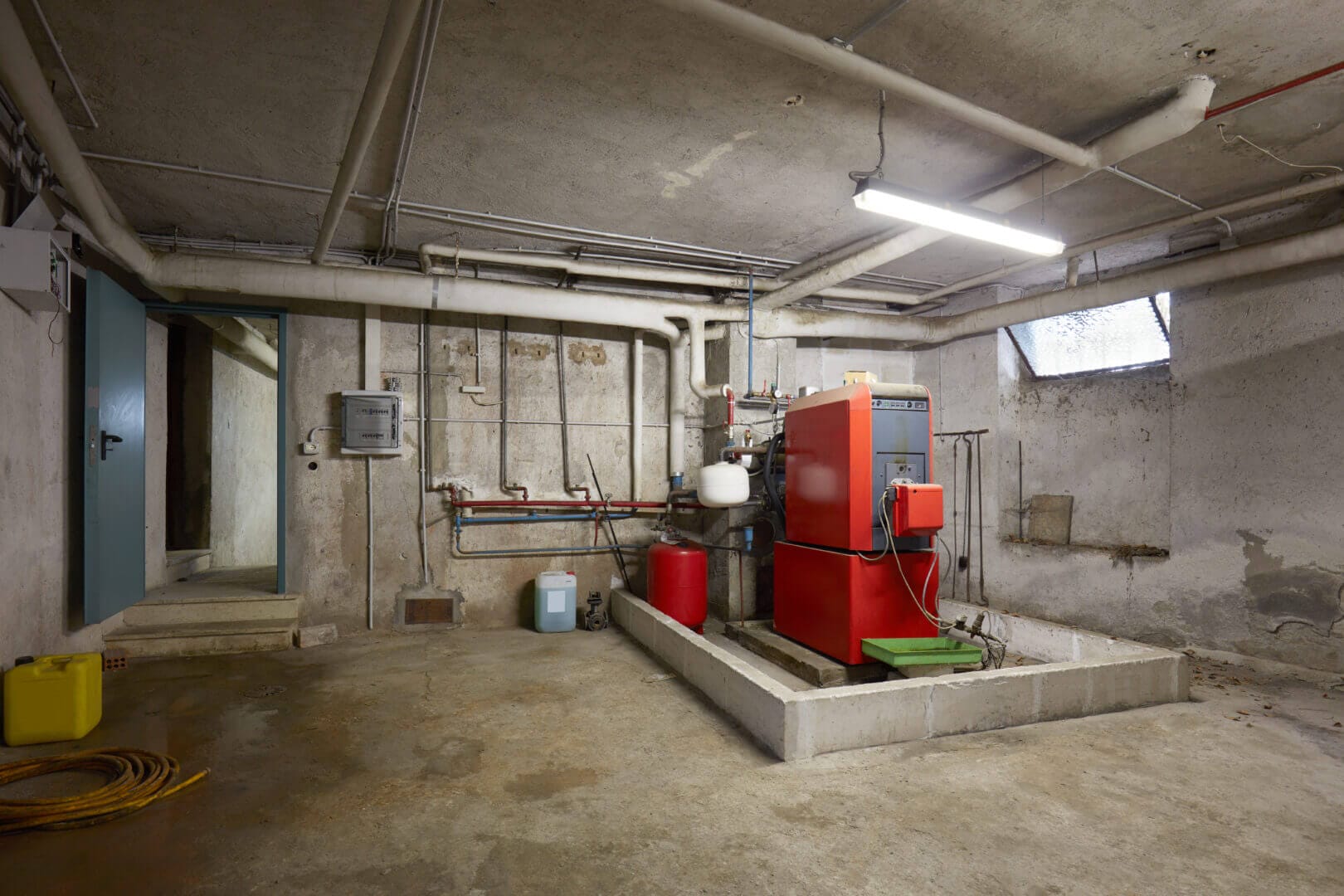Purchasing a home can be one of the most significant investments in a person’s life. For homeowners, their property is not just a structure, it’s a sanctuary. However, beneath the freshly painted walls and modern decor, there may lie unseen risks and undetected problems. This is why residential inspections are a pivotal step to safeguarding your investment, ensuring your safety, and considering the long-term maintenance needs of your property.
🏡 The Value of a Thorough Residential Inspection
If you’re a homeowner looking to understand the health of your residence, a real estate agent guiding clients through transactions, or a potential buyer focused on securing a reliable property, a comprehensive understanding of residential inspections is indispensable. The insights and detailed reports provided can protect your most substantial asset and provide a peace of mind that is invaluable. In this blog post, we will take you through the essentials of what a thorough inspection involves, why it is a vital aspect of property transactions, and how you can best prepare for and understand the process.
👷♀️ Understanding the Basics of Residential Inspections
What is a Residential Inspection?
A residential inspection is an assessment of the overall condition of a property. It is typically conducted by a professional inspector who evaluates the home’s major components for functionality and safety. These components include but are not limited to, the structure, electrical systems, plumbing, heating and cooling, as well as visible interior and exterior features.
Why Are Inspections Essential for Homeowners and Buyers?
For homeowners, regular inspections can catch potential issues early, allowing for timely repairs that can prevent more costly problems down the line. For buyers, an inspection offers a clear picture of any underlying issues present in the home they are considering, providing an opportunity to re-negotiate the sale or request repairs before purchase.
📋 The Inspection Checklist: From Foundation to Roof
Examining the Foundation and Structural Integrity
The foundation is, quite literally, the base of your home. An inspector will look for signs of settling, cracks, water damage, or other issues that could affect the integrity of the structure.
Assessing the Electrical System
Outdated or faulty wiring can be a significant safety hazard. The inspector will check for compliance with building codes, the capacity of the system to handle the load, and any visible signs of damage or wear.
Evaluating the Plumbing
A thorough evaluation of the plumbing system is essential to identify leaks, pressure issues, or outdated materials that could lead to future problems.
Inspecting the Roof and Attic
The roof protects your home from the elements, so it’s vital that it’s in good condition. The inspector will look for signs of wear, such as missing shingles, as well as potential leaks and damage to the attic structure.
Checking for Mold and Water Damage
Mold can lead to health issues and is often a sign of water intrusion. Inspectors will search for signs of mold and identify potential sources of moisture that need to be addressed.
Testing Appliances and HVAC Systems
From the water heater to the air conditioning units, these systems affect your comfort and the operational efficiency of your home. An inspection will include testing and evaluation for proper function and safety.
🏢 The Role of Residential Inspections in Real Estate Transactions
How Inspections Can Affect the Buying and Selling Process
Inspections play a crucial role in real estate transactions. For buyers, they offer a potential ‘out’ if significant issues are found. For sellers, they can influence the sale price and speed of the transaction.
Tips for Sellers to Prepare for an Inspection
Sellers can prepare by conducting pre-inspections, addressing known issues, and ensuring clear access to all areas of the home. This proactive approach can help maintain the sale’s momentum without any unwanted surprises.
Understanding Inspection Reports
A good inspection report will provide detailed findings, often with photos, and recommendations for necessary repairs or further specialized inspections. Understanding these reports is crucial for buyers and sellers to make informed decisions about their next steps.
👍 Choosing the Right Inspector and Next Steps
Qualities to Look for in a Home Inspector
When selecting an inspector, look for experience, accreditation, references, and thoroughness. A good inspector’s expertise and attention to detail can make all the difference in the quality and comprehensiveness of their findings.
What to Expect During and After the Inspection
During the inspection, you can either be present to ask questions and learn about your property, or you can receive a detailed report afterwards. If issues are identified, you will need to assess the severity of the problem and determine next steps.
Steps to Take Based on Inspection Findings
After the inspection, you may need to decide whether to proceed with the purchase, negotiate repairs or a lower price, or plan for post-purchase improvements. The key is to take action based on the comprehensive information the inspection has provided.
Residential inspections are a critical part of property ownership and real estate transactions. They offer a detailed look into the health and integrity of your home, giving you the knowledge to make informed decisions. Whether you’re a seasoned homeowner or a first-time buyer, understanding the process from start to finish empowers you to protect your investment and ensure a safe and comfortable living environment. Be proactive, find a qualified inspector, and get to know the intricacies of your home — from the foundation to the roof and every system in between.






